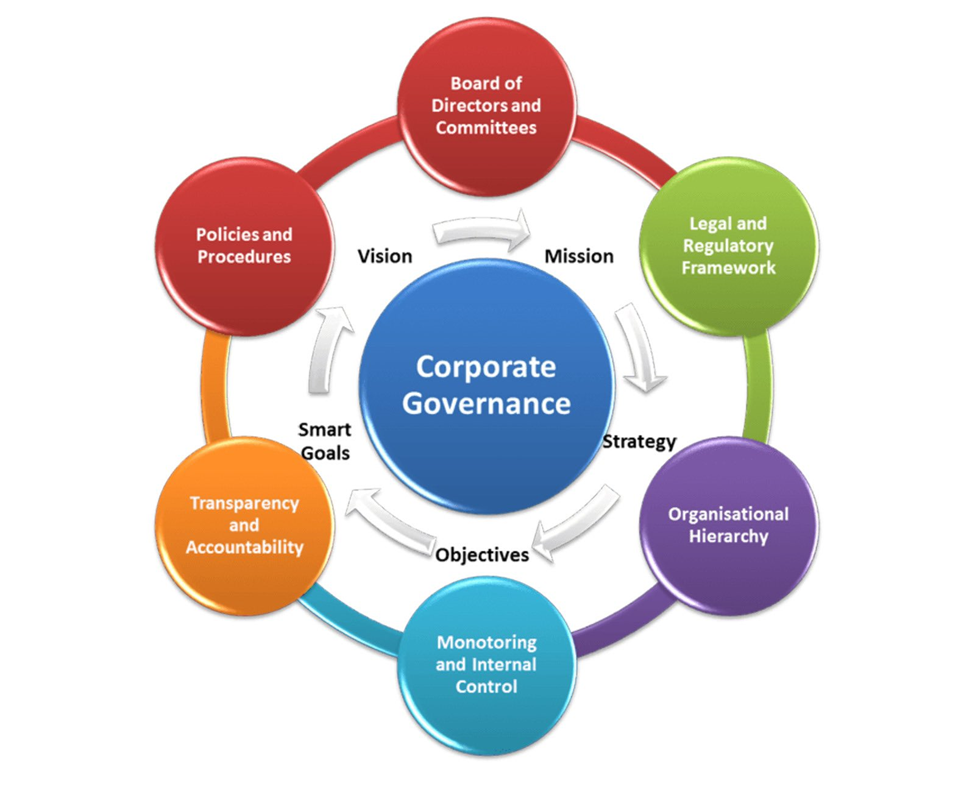The recent protests by workers at the Samsung India facility in Sriperumbudur, Tamil Nadu, have garnered significant national attention, particularly concerning the right to unionize and negotiate better employment terms. Since September 9, 2024, workers have been on strike, seeking recognition for the newly formed Samsung India Workers' Union (SIWU) and an increase in wages. On October 15, 2024, following negotiations facilitated by the Tamil Nadu labor department, the strike was called off, with workers scheduled to return on October 17. However, the core issue of formal union recognition remains unresolved, as Samsung management continues to resist acknowledging the SIWU. The workers are now pursuing legal recourse, with the matter pending before the Madras High Court.
· This protest raises broader issues of national importance, particularly regarding labor rights and unionization. The right to form unions, as enshrined in Indian labor laws, is crucial for ensuring workers can advocate for fair wages and working conditions. The resistance from multinational corporations, such as Samsung, highlights the tensions between corporate practices and labor rights, posing significant implications for India's industrial framework.
Legal Framework for Trade Unions in India:
Right to Form Trade Unions: Constitutional Protection
The right to form associations or unions is constitutionally protected under Article 19(1)(c) of the Indian Constitution. This right was reinforced by the Supreme Court in the 1989 B.R. Singh vs. Union of India case, which upheld the essential role of trade unions in voicing workers' grievances. Restrictions under Article 19(4) can only be imposed if public order, morality, sovereignty, or integrity is at risk.
-
- Trade Unions Act, 1926: Trade unions are registered under this Act, granting them immunity from civil and criminal actions. Registration can be sought by a minimum of seven members, and the Registrar ensures the union's rules comply with the Act.
- Trade Unions Act, 1926: Trade unions are registered under this Act, granting them immunity from civil and criminal actions. Registration can be sought by a minimum of seven members, and the Registrar ensures the union's rules comply with the Act.
Collective Bargaining: Definition and Importance:
Collective bargaining involves negotiations between employees and employers to establish working conditions and terms of employment. Recognized under the Industrial Disputes Act, 1947, collective bargaining is crucial for balancing power between workers and employers. If negotiations fail, the State may intervene through conciliation or refer disputes to labour courts.
Historical Context of Collective Bargaining in India: Collective bargaining practices have evolved significantly over the years, originating from workers’ struggles in the late 18th and early 19th centuries. In India, early instances can be traced back to the 1918 Ahmedabad Mills strike led by Mahatma Gandhi. The Indian Supreme Court has consistently recognized the importance of collective bargaining as a means to achieve social justice.
Legal Recognition of the Right to Strike
The right to strike is recognized under the Industrial Disputes Act, 1947, but with certain restrictions. Strikes are viewed as a demonstration by workers asserting their rights, but the Act stipulates conditions such as advance notice to employers and restrictions during conciliation proceedings.
· While the right to form associations is guaranteed, unions must operate within the boundaries set by industrial laws.
Resistance to Unionization in Foreign-Owned Enterprises in India:
- Establishing workers' unions in foreign-owned enterprises, particularly those originating from East Asia, presents significant challenges in India. Companies like Samsung have historically resisted unionization efforts, especially when unions are affiliated with politically sensitive organizations such as those with communist ties.
- This resistance is often linked to a management philosophy inspired by the Japanese Kaizen production method, which emphasizes continuous improvement in productivity, often prioritizing efficiency over worker welfare.
- This resistance is often linked to a management philosophy inspired by the Japanese Kaizen production method, which emphasizes continuous improvement in productivity, often prioritizing efficiency over worker welfare.
- The history of labor relations between workers and East Asian firms in India is marked by notable protests, such as those involving Honda Scooters and Maruti Suzuki, where management's opposition to union formation became a point of contention.
- Other key worker grievances typically include stagnant wages, as employees argue that their compensation does not reflect the company’s growing profitability.
- In addition, concerns about demanding working conditions persist, particularly regarding extended work hours and the requirement to stand for prolonged periods, exceeding the contracted nine-hour shifts.
These factors collectively contribute to the strained relations between workers and management in foreign-owned enterprises, making unionization efforts more complex.
Implications for India:
- Labor Rights: The workers demand recognition of the Samsung India Workers' Union (SIWU), a key issue in ensuring workers' rights to unionize and negotiate better terms.
- Impact on FDI: The prolongation of the Samsung workers’ strike raises significant concerns for both central and state governments, particularly regarding India’s aspirations to position itself as a manufacturing alternative to China. Labor disputes in multinational companies can affect India’s attractiveness for foreign direct investment (FDI).
- Economic Justice: The protest highlights wage stagnation and inequality, with workers seeking fair compensation despite company profitability.
- Legal Precedent: The ongoing case in the Madras High Court could influence future union recognition and labor rights across India.
- Corporate Responsibility: Raises concerns about multinational companies adhering to ethical labor practices in India.
|
Labour Conditions in South Korea: A Comparative Perspective South Korean companies like Samsung are classified as Chaebols—large, diversified conglomerates historically linked to the nation’s economic and political development. Chaebols are large, family-owned conglomerates that dominate the South Korean economy. Their rise began in the 1960s, supported by military dictatorship policies for post-war economic rebuilding. · These conglomerates combine low labor costs with work intensification, transitioning from strict labor control to more paternalistic practices over time. As independent trade unions emerged in the 1980s, Chaebols adapted by automating processes and decentralizing operations to diminish labor power. Background of Samsung India
Samsung commenced its operations in India in 1995, with its Sriperumbudur facility established in 2007. This facility focuses on producing consumer durables such as televisions, refrigerators, washing machines, and air conditioners, employing approximately 5,000 workers.
|
Conclusion:
The ongoing protests by Samsung India workers in Sriperumbudur exemplify the complex interplay between labor rights, corporate governance, and socio-political dynamics in India. As the situation unfolds, it serves as a critical case study for understanding the challenges of unionization and collective bargaining in the contemporary Indian labor landscape. The outcome of the workers' struggle for recognition and fair working conditions will have lasting repercussions on India's manufacturing ambitions and its commitment to social justice for its workforce.
|
Probable questions for UPSC Mains exam: Critically examine the legal framework governing trade unions in India, with particular emphasis on the provisions of the Industrial Disputes Act, 1947. How effective are these provisions in protecting workers' rights? |









